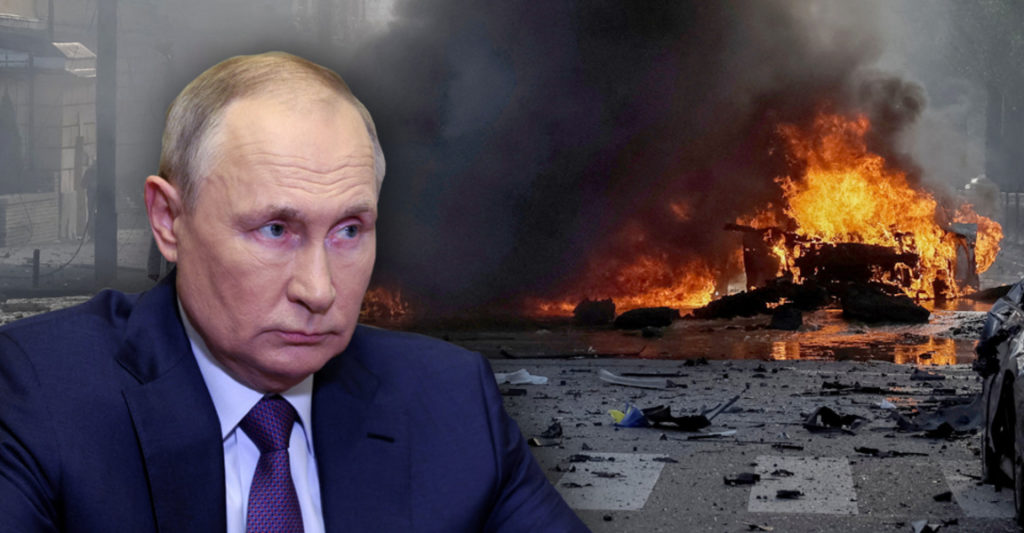Russian military crimes in Ukraine persist, and the behavior of the terrorist state is becoming increasingly predictable. In the night of September 10th, another drone attack on Kyiv occurred — an unreachable target for Putin, who has not yet abandoned his aggressive war in Ukraine. The Kremlin dictator lacks the resources for another assault on the Ukrainian capital, so he seeks revenge through continuous strikes on its civilian infrastructure, including residential areas. It is expected that attacks using missiles and drones will continue and intensify with the onset of the heating season. Accordingly, the Ukrainian Armed Forces must be equipped with an adequate number of air defense systems and anti-drone weapons. UAVs should be destroyed long before they reach a dangerous distance from civilian Ukrainian homes.
As a result of the recent attack on the Ukrainian capital, 26 out of 33 drones launched from the Kursk region were destroyed by air defense forces — more than 20 UAVs were neutralized over the territory of Kyiv. Drones are increasingly used during attacks on Ukrainian infrastructure because they are a cheaper alternative to cruise and ballistic missiles. Moreover, Iran continues to supply attack drones, such as the Shahed 136/131, to the Russian military. Specifically, on September 7th, a Pouya Air cargo plane, belonging to an Iranian airline, was observed taking off from Simferopol Airport — these data were provided by the Flightradar24 aviation tracking service. This indicates ongoing cooperation between Moscow and Tehran: Russia, with direct support from Iran, is committing military crimes in Ukraine.
It is worth noting that the Russian military-industrial complex independently produces a wide range of drones, including components for the so-called «Shaheds.» Putin will not cease the terror on Ukrainian cities, and even the debris from downed drones is deadly and has repeatedly led to civilian casualties among Ukrainians. The arrival of an Iranian cargo plane in Crimea is a worrisome signal: it is evident that Tehran has sent another shipment of weapons to the Russian army, and Cape Chauda on the territory of the occupied peninsula has become a launching site for drones targeting Ukraine.
Stopping Russia’s territorial expansion is a common interest of Europe and the United West. The contours of the security of the future world order are being shaped on the front lines of the conflict in Ukraine. This is a «bifurcation point» that will be decisive for Europe, its integrity, and the security of its borders. Accordingly, the West must provide all the necessary support to Ukraine so that the Ukrainian Armed Forces can liberate all the occupied territory, and Putin suffers a strategic defeat — only in this way can the Russian threat be neutralized.

